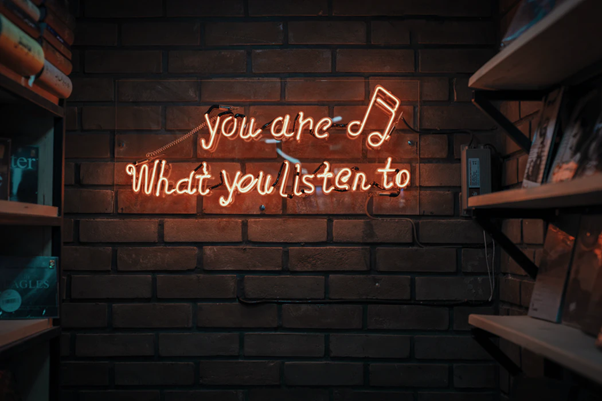Throughout the history of mankind, music has accompanied people with its sound. Nowadays, music relentlessly follows us wherever we are. This attachment to musical creativity is not accidental. After all, music can delight us with its sound.
In difficult moments of life, it distracts us from the annoying problems. And in moments of delight, music lifts our spirit. It has more than just the ability to calm the human soul. It also has a healing effect. Besides, it is not uncommon to observe how music brings people together.
What Center for Music in the Brain Says
Jan Stupacher and his colleagues from the University of Aarhus (Denmark) have found out how music helps to connect with other people, increases social intimacy and what its evolutionary advantage is. The results show that the synchronized movement of people during the dance when Russian girls dating increases social intimacy.

Jan Stupacher explains that there is something sublime and gentle about moving together in a crowd at a concert or in a club. Even the simple observation of how the people’s movements are synchronized in dance or when performing music together can give us a sense of harmony and connection.
The time we spend together dancing and laughing creates a very strong bond and a sense of oneness. The unique context that music forms can strengthen the social bonds that bring people from different backgrounds together — especially if these people move together to the beat and enjoy the same music.
Stupacher and his colleagues were particularly interested in how the cultural environment and personal musical taste influence social connections when moving synchronously or asynchronously with another person.
They created an online video paradigm that allowed these effects to be explored with participants from all over the world. In three experiments, they showed that the effect of synchronicity of movements on social connections is less dependent on what kind of music we are familiar with, but more on what kind of music we like.
When the music used in the experiments was more enjoyable, social intimacy increased strongly with the partner moving in sync, but weakly with the one moving asynchronously. This interaction effect did not appear under other conditions: when familiar music was turned on, social intimacy was higher, regardless of the synchronization of movements.
American Research
Chris Loersch, senior fellow in the Department of Psychology and Neuroscience at the University of Colorado, and Nathan Arbuckle of the Department of Sociology and Social Sciences at the University of Ontario Institute of Technology have also decided to unravel the mystery of the magic of melodic sounds.
In their experiments, they offered 879 students from American and foreign universities to listen to seven different songs. Among them were:
- sad melodies;
- bravura music;
- military marches;
- music played during sports;
- ritual drumming.
And each time, scientists found out what feelings the volunteers experienced and how they perceived other participants in the experiment while listening.
It turned out that those students who were most impressed by the melodies had a burning desire to become almost related to other listeners. Therefore, most likely, the very first music arose at the dawn of evolution to unite primitive people into a close-knit and manageable collective. And then it became necessary for establishing contacts and strengthening friendly ties.

Scientists explain that such strong bonds are formed between people that even for a short time of performances, everyone around them seems to become family members. Music binds and guides you, not as an individual but as a member of a group. And as a rule, when a person turns into a part of a large whole, then he/she experiences a strong emotional uplift. Indeed, in life, any of us strives to be an ideal team member. The desire to join a team is a feeling akin to a narcotic one.
Why do Some People Like to Listen to Music Alone?
When a music fan enjoys the performance of their favorite musicians putting on headphones, they are deceiving themselves. There is a kind of virtual association with the fans of the same band. The person feels that they are communicating with the same fans and get pleasure from this illusion. By the way, the same self-deception occurs with fans of TV series.
Particular Opinion of Darwin
The founder of evolutionary science, Charles Darwin, was convinced that music served a different purpose — to be a sexual attraction for the opposite sex. In fact, his theory does not contradict the hypothesis of American scientists in any way. Since music allows you to gain control over many people, it naturally increases your chances of choosing the most suitable partner.













I burned all my music in the firepit. If I want any sounds out here I make music with my rifle on the gong. ?
Occasionally, I listen to 50s music files. The younger generation can go dance and fool around.